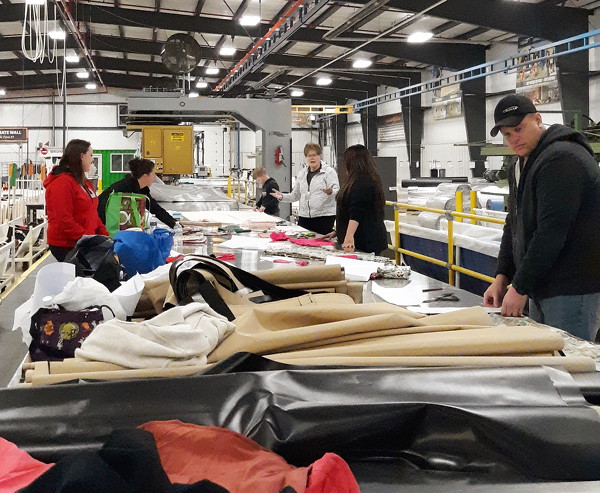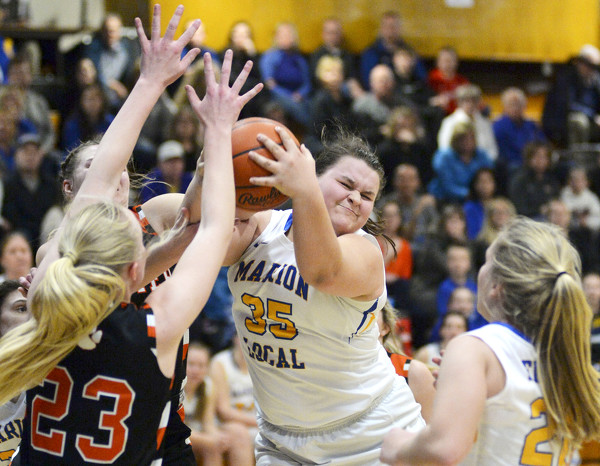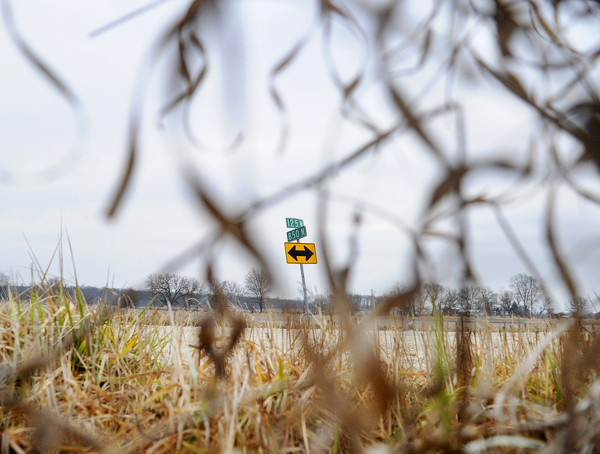Friday, January 17th, 2020
Celina Tent workers help Australia's injured wildlife
By Tom Stankard

Submitted Photo
Celina Tent employees recently made pouches that will substitute for a marsupial's pouch to help animals orphaned by Australian wildfires.
CELINA - Two local friends have come together to help wildlife injured by wildfires ravaging Australia.
Celina Tent employee Sabriam Loll and her friend and former co-worker, Brittany Snyder, saw images of injured kangaroos and koalas on the internet and felt compelled to put their sewing skills to good use in the wake of the historic and deadly wildfires.
"There's a lot of natural disasters around the world. But here in Celina, we don't really have that many. I really like animals, and it's one way that we can help," Loll said.
Estimates suggest that upward of 1.25 billion animals may have been killed as a result of the fires that have scorched more than 18 million acres of land. Many forests will take decades to recover, and the crisis is potentially pushing some animals closer to the brink of extinction, according to the World Wildlife Fund.
The two teamed up with other Celina Tent employees earlier this month to sew pouches that will be used to hold baby kangaroos known as joeys that were left homeless by the devastating wildfires.
Wanting to do more, Loll and Snyder invited the public to the Celina Church of the Nazarene, 900 Fairground Road, from 1-6 p.m. Jan. 25 to help cut and sew fabric into pouches.
Their goal is to make at least 500 pouches to be sent to the Ohio hub of the American Rescue Crafters guild that's based in Sydney, Australia, which recently sent out a call around the world.
Volunteers will follow specific guidelines when making the pouches so they won't harm the animals.
"The animals have claws that can get tangled up in the pouches. The pouches can't have any raw edges inside. We have to sew them so they can't get to it," she explained.
These pouches will serve as substitutes for the marsupium that female marsupials use to carry their babies until they are large enough to survive outside on their own.
Any leftover supplies will be used to make beds for local animal shelters, Lowell added.
"We're talking about making a yearly event to help local shelters, she added.



